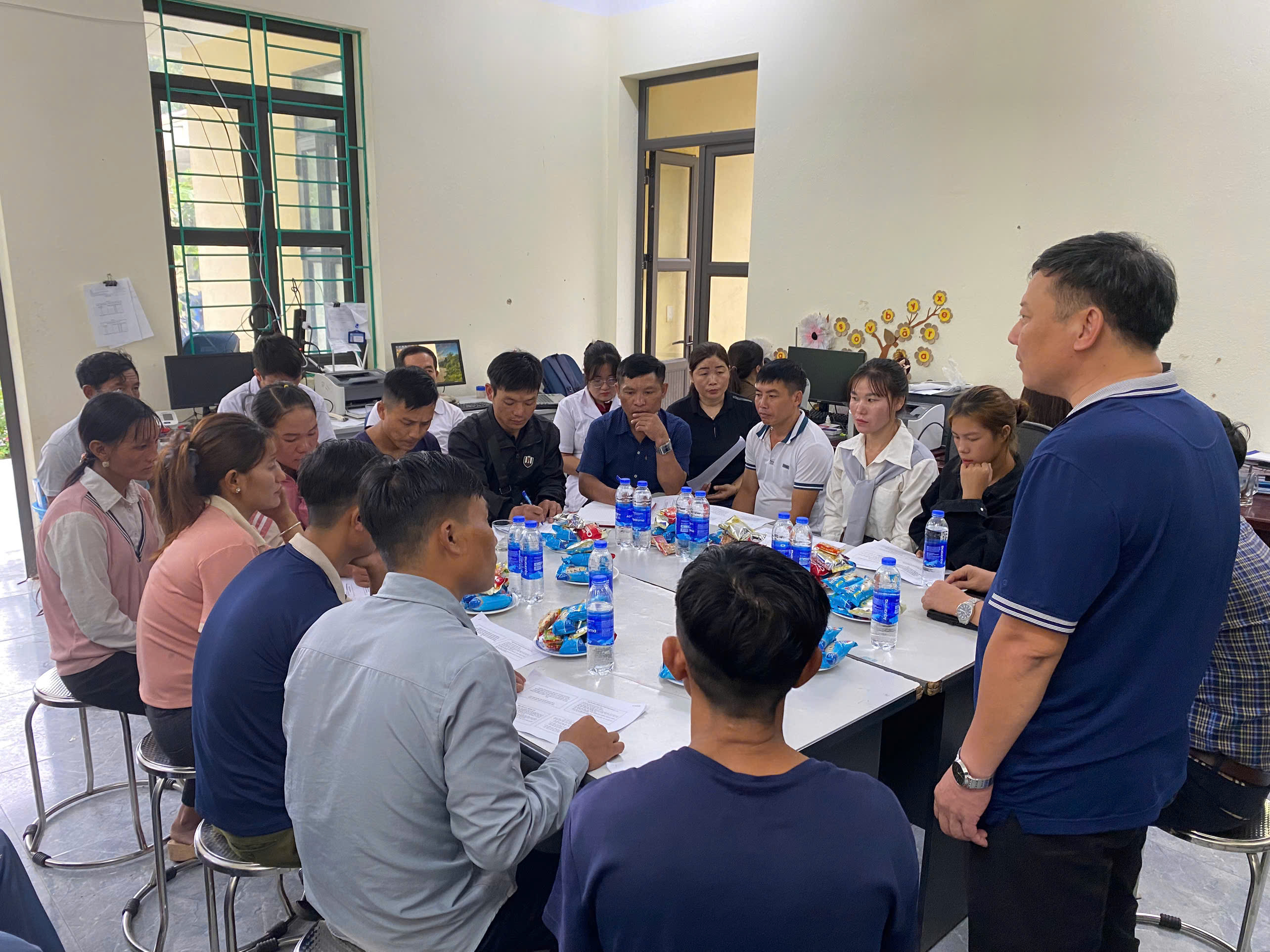
Dr. Tedros Adhanom Ghebreyesus is a former Minister of Health and Foreign Affairs in Ethiopia. He has also served as chair of the Board of the Global Fund to Fight AIDS, Tuberculosis and Malaria and as chair of the Roll Back Malaria (RBM) Partnership Board.
As Ethiopia’s Federal Minister of Health, Dr Tedros spearheaded a malaria control strategy to aggressively target and eliminate malaria. This strategy protected 50 million Ethiopians and cut fatalities related to malaria in half.
24 May, 2017 (Singapore) – The Asia Pacific Leaders Malaria Alliance (APLMA) congratulates H.E. Dr Tedros Adhanom Ghebreyesus on his appointment as Director-General of the World Health Organization (WHO).
“Dr Tedros has the international experience, technical knowledge and political standing to lead the WHO through an ever-changing health landscape.
“As a critical partner in the fight against malaria the WHO has, as its leader, a lifelong champion committed to combating the disease across the globe,” said Dr Ben Rolfe, Executive Director of APLMA.
Over the past 15 years Asia and the Pacific countries reduced the number of malaria cases and associated deaths by almost half. Building on this success, leaders in Asia and the Pacific agreed in 2014 on a historic pledge to eliminate Malaria by 2030. With 21 malaria-endemic countries accounting for approximately 32 million cases of malaria each year and 47,000 associated deaths, Asia and the Pacific carry the second highest burden of the disease outside of Africa.
“Dr Tedros has a clear understanding of the actions needed to advance the goal of eliminating malaria and communicable diseases in both Asia and the Pacific.
“We look forward to working with Dr Tedros in advancing the Sustainable Development Goals and achieving the goal of eliminating malaria in Asia and the Pacific by 2030,” said Dr Ben Rolfe.
About APLMA
APLMA is an alliance of 20 Asian and Pacific heads of government, representing over half the world’s population. Formed in 2013 at the East Asia Summit in Brunei due to concerns over the rising risk of drug resistance, the goal of the Alliance is a malaria-free Asia Pacific by 2030. The Alliance works to catalyse and coordinate regional action against malaria and improve health security in the region.
.svg)









